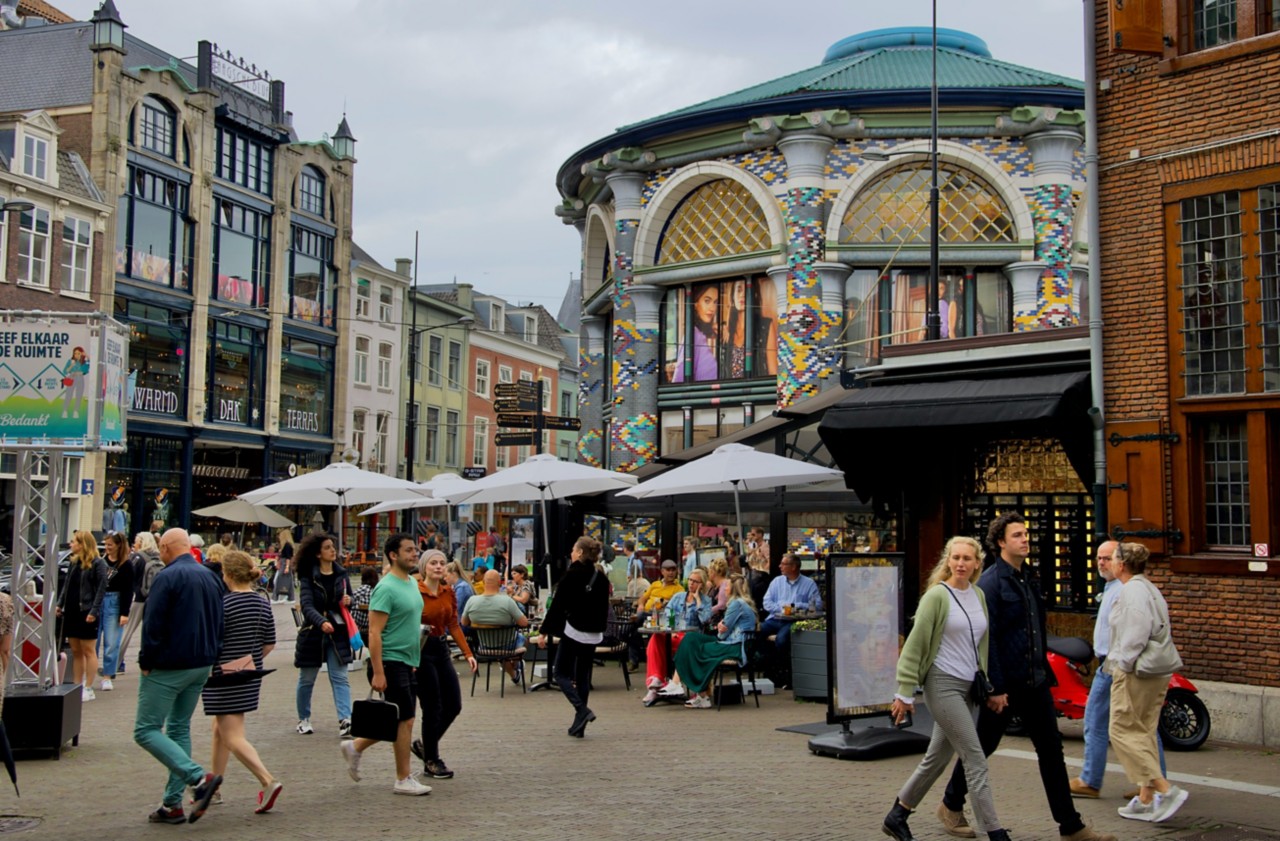Joined the programme in 2024
The Hague, often referred to as the political capital of the Netherlands, joined the Cities for Better Health network through the coalition ‘Happy and Healthy The Hague’ in 2024. The city has a population of 565,701, making it the third largest city in the Netherlands. Over half of its residents have a recent migration background, whether Western or non-Western, and this number continues to grow.
The Hague is already making progress through the coalition ‘Happy
and Healthy The Hague’, drawing together a variety of organisations,
from healthcare to grassroots and civic initiatives. This initiative
stands out for two key reasons: it seeks to connect the medical and
social aspects of the city, and it aims to empower community-based and
prevention-focused initiatives. The ultimate goal is to ensure that
all residents of The Hague have equal opportunities to improve their
health by 2040 and to add 10 additional healthy years to the lives of
people in vulnerable groups.
The initiative paces special emphasis on individuals with a low
socio-economic status in The Hague, particularly those in the South
West part of the city, as they are at a higher risk of developing
chronic diseases such as (pre-) diabetes or cardiovascular
disease.

In The Hague, 57% of the residents are currently overweight, and this percentage is on the rise. If action is not taken now, the population's health will deteriorate, and healthcare costs will continue to soar. Due to the unequal access to healthcare in the city, The Hague aims to establish a system where all communities have equal access to care and prevention programmes.
To achieve this goal, it's crucial for specific communities to
play a central role in the process. This will help ensure that
prevention services and initiatives in the neighbourhood can cater
to diverse and evolving needs. By adopting a community-based
approach, residents can also find support from each other as they
strive for a healthier lifestyle.
Key facts and figures
Diabetes prevalence (adults)
6%
Obesity prevalence (adults)
48%
of the citizens in the Hague
Obesity prevalence (children and adolescents)
44%
of the children and adolescents of 4 year and older (moderate and severe)
The research in The Hague uncovered a critical issue: adults battling (pre) diabetes and or cardiovascular diseases (CVD) often do not receive the timely care they desperately need. Additionally, individuals in low socioeconomic positions (SEPs) face a web of challenges, including financial instability and limited health literacy, hindering their engagement in existing lifestyle interventions.
The solution in The Hague: the Joint Medical Consultation (JMC).
Breaking down barriers and expanding access to vital services for
those in low SEPs by merging medical and social interventions.
The approach, developed through collaboration, aims to transform
healthcare delivery. The JMC focuses on addressing the overall needs
of each person rather than just treating symptoms. The interventions
are culturally sensitive and community-driven. Pilot programmes have
shown positive results, guiding participants toward healthier
lifestyles through activities such as walking groups and personalised
dietary advice.
In The Hague, stakeholders are taking this approach even further by
integrating the JMC with community initiatives such as "food
living rooms," where traditional recipes are adapted into
healthier options with the guidance of expert dietitians. By
empowering community leaders to promote health management and by
partnering with primary healthcare providers, the initiative aims to
make a real impact.
During the project, they are exploring various sustainable funding
options with the goal of implementing at least one successful model by
the end of the project.
In summary, The Hague is focused on sustainable prevention and lifestyle support for adults in low socioeconomic positions, with the aim of reducing health inequalities by integrating community initiatives on healthy food and physical activities with the JMC. By bringing together professionals from the medical and social fields, the project aims to address multiple problems. Its strength lies in integrating the JMC with existing community activities in an innovative way to have a more impactful approach to addressing health issues.
Jet Bussemaker, Chair of Healthy and Happy The Hague:
“After the great strides we have already made recently in The Hague, we look forward to further exchanging practical experience and knowledge through the Cities for Better Health network. The CBH network fits well with our core values: the community-up approach that starts with residents, the broader approach of ‘Health in all Policies’ and the transition from ‘Illness and Care’ to ‘Health and Behavior’, to ‘Person and Society.’”




